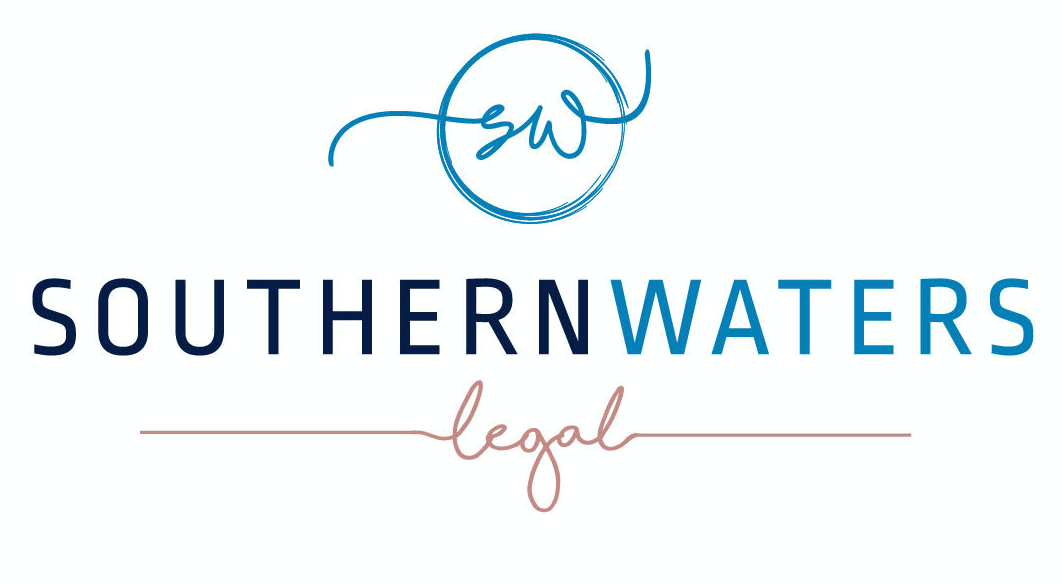When some couples separate and enter into a final property settlement, they may have to consider any potential Capital Gains Tax (CGT) implications. It is really important to ensure that when negotiating and formalising a property settlement with your former partner you are aware of any potential CGT issues and obtain the relevant advice in relation to these issues.
What is CGT?
CGT is a federal tax that is payable on the profit of the “capital gain” that a person makes on an asset, generally by virtue of the increase in the value of the asset during the time in which it was held. For example, common instances in family law where CGT may be triggered are in relation to the sale of an investment property, the sale of shares and the sale of cryptocurrency.
If a couple purchases a property early on in their relationship which is ultimately utilised as an investment property and later, the couple agrees as part of their final property settlement to sell the investment property, if there has been an increase in the value of the property since it was purchased, this would trigger a CGT liability. Alternatively, if a couple agrees as part of their final property settlement for one of the parties to retain an investment property, they may be eligible for a CGT rollover.
CGT Rollover
As indicated above, a common scenario dealt with in family law is a situation in which a couple agrees for one party to retain an asset, such as an investment property or shares. If an asset is transferred from one party to the other in accordance with Orders sealed by the Court or a Binding Financial Agreement, such transfer will usually qualify for a CGT rollover.
In short, this means that a CGT liability is not triggered at this time upon the transfer of the asset, however, if and when the person who is retaining the asset ultimately sells the asset at some point in the future, only then will the CGT liability be triggered. In this situation, CGT will be calculated as though the person who had retained the asset owned it from the time that it was originally acquired.
Importantly, this CGT rollover will not occur in the absence of sealed Court Orders or a Binding Financial Agreement and as such, if an agreement has been reached for one party to retain an asset such as this, the agreement must be documented in the appropriate way to be eligible for the CGT rollover.
Former Matrimonial Home
There are some assets that are exempt from CGT regardless of whether it is sold or transferred as part of a final property settlement. One example of this is the former matrimonial home in which a couple lived. However, the exception to this exemption is if there was a period of time in which the former matrimonial home was not utilised as the main residence of the parties, such as if the property was rented out as an investment property for a period of time. In this circumstance, the CGT liability will apply only to the period of time in which the property was not utilised as the primary place of residence.
If you require assistance with your family law matter, please do not hesitate to contact a member of our Family Law Team.
